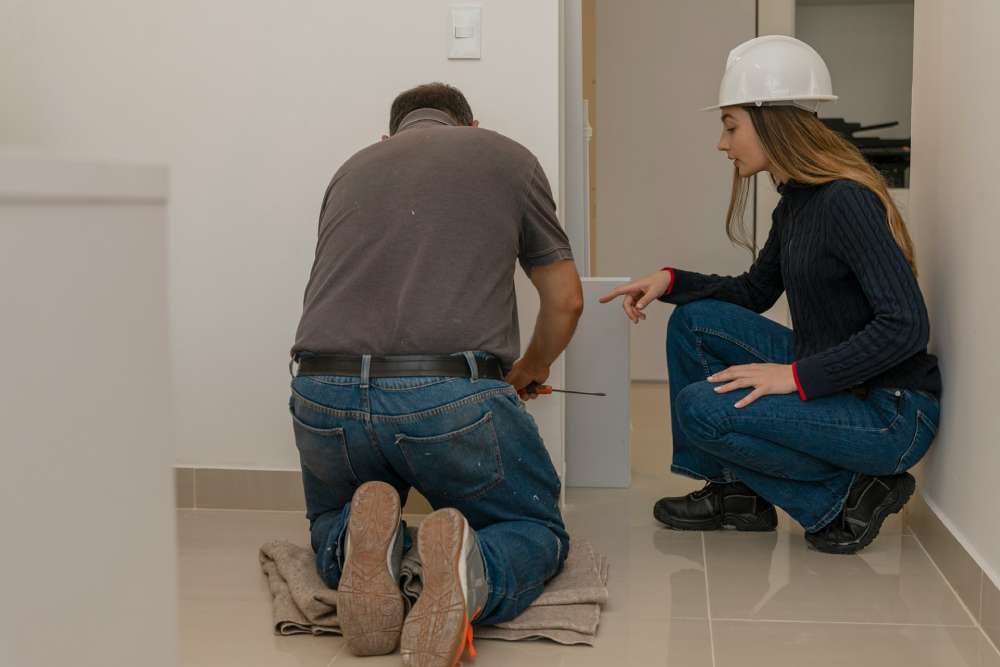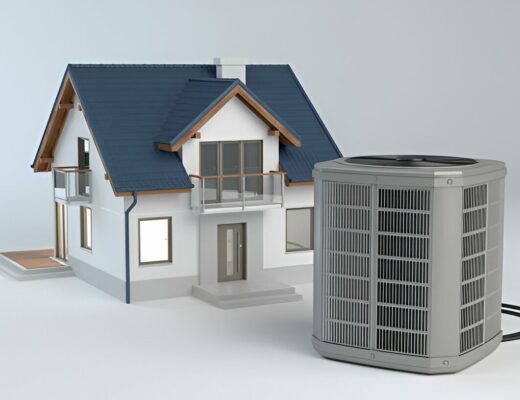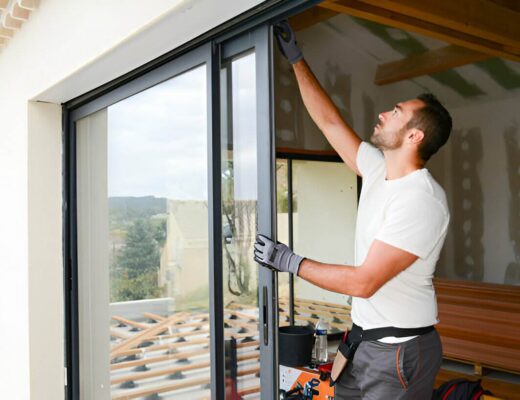Regular home inspections are essential for maintaining the safety and longevity of your property. Over time, wear and tear can go unnoticed, leading to potential hazards or costly repairs. From plumbing issues to electrical faults, addressing problems early ensures your home remains comfortable and functional. Keeping up with these checks also helps maintain property value and avoid unexpected breakdowns.
A professional inspection provides an in-depth assessment of your home’s condition. During a home inspection, experts evaluate crucial components like the roof, foundation, HVAC systems, and more. By identifying early concerns, homeowners can plan for necessary repairs and prevent more significant issues. This proactive approach ensures your property remains safe, well-maintained, and ready for the future.
Common Issues Found During Inspections
Maintaining the best possible condition and safety for your property requires routine inspections. Common issues a home inspector finds include roof damage, plumbing leaks, electrical wiring problems, and foundation cracks. These problems can often go unnoticed, leading to costly repairs. It’s important to address minor issues early and schedule regular inspections to prevent this.
A thorough inspection helps identify potential risks, ensuring your home remains well-maintained, structurally sound, and safe for everyone. Staying proactive with maintenance and promptly addressing any findings can save time and money in the long run.
How to Prepare for a Home Inspection
Preparation is essential for a home inspection to be as successful as possible. The first step for homeowners should be to make sure that every part of the house is accessible. This includes clearing clutter from areas where inspectors must examine systems such as the furnace, water heater, and attic.
It’s also wise to keep utility connections clear, as inspectors will check these for functionality and safety. Making it easy for inspectors to reach critical components can ensure that the inspection is thorough and that no potential issue is overlooked.
Additionally, communicating any known issues or areas of concern to the inspector beforehand can provide a focused approach to the inspection. By taking these preparatory steps, homeowners can facilitate a more efficient process, allowing the inspector to identify even the most hidden problems. A checklist of essential accessibility points and potential concerns can help streamline the preparation process.
Benefits of Professional Home Inspections
Although some homeowners might be tempted to do their inspections, professional inspectors have the knowledge and resources to guarantee a more thorough assessment. Experts are taught to recognize possible problems that the untrained eye could overlook. They ensure that every part of the property is inspected by using specialist equipment to comprehensively inspect areas such as the foundation, roof, and plumbing systems.
Another significant advantage of professional inspections is the detailed reports they provide. These reports outline current issues and include recommendations for repair and maintenance. This comprehensive overview becomes essential in future planning, whether for immediate repairs or long-term maintenance strategies. It also aids in negotiations during property sales, providing an unbiased evaluation of the property’s condition.
Cost Savings Through Preventative Maintenance
Over time, homeowners can save a lot of money by investing in routine inspections as a preventative precaution. Detecting issues early means minor repairs can be made before they become extensive and costly. For instance, patching up a small roof leak is much less expensive than repairing extensive water damage or mold remediation later. Proactive maintenance preserves the home’s integrity and energy efficiency as systems are kept in optimal working condition.
By integrating regular inspections into routine home maintenance practices, homeowners can safeguard their investments and ensure financial and structural stability.




